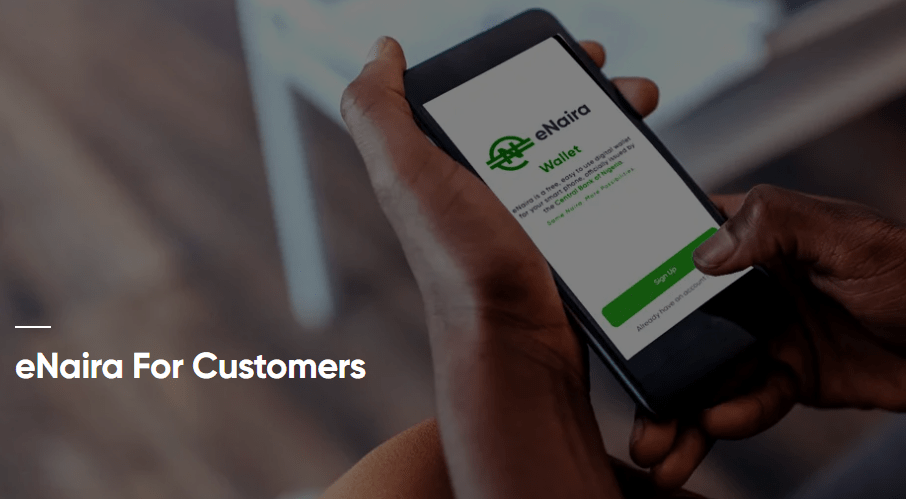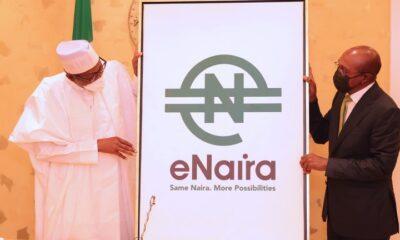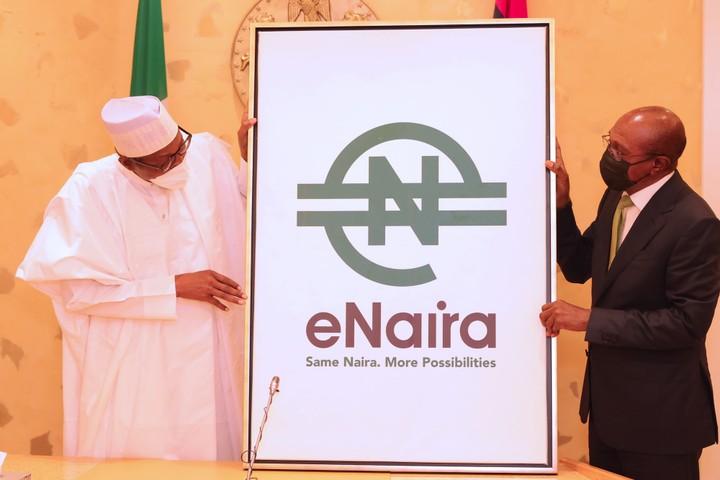The volume of eNaira in circulation surged by 284.6% to N9.78 billion, according to the Central Bank of Nigeria (CBN) in its recently published ‘Economic Report’ for August 2023.
This surge, however, stands in stark contrast to the declining trend observed in the volume of traditional notes and coins, which dipped by 14% to N2.65 trillion in the same month.
Despite the substantial increase in the volume of eNaira, the CBN emphasized that its share in the overall currency in circulation (CIC) remains relatively insignificant.
The ratio of eNaira to CIC stands at 0.37%, with notes and coins dominating at 99.63%.
The CBN report indicated that the reduction in the currency in circulation, declining by 11.7% to N2.66 trillion, was primarily influenced by the growing adoption of alternative payment channels.
More individuals are opting for electronic transfer payments and other digital platforms, contributing to the moderation of growth in reserve money.
The extension of time for companies to submit their annual returns, from January 1, 2024, to April 1, 2024, was also outlined in the CBN statement.
This extension, prompted by glitches on the company’s registration portal and a nod to the Micro, Small, and Medium Scale Enterprises sector, temporarily withholds penalties for companies falling within the earlier deadline of January 1, 2023.
The CBN encouraged entities registered under the Companies and Allied Matters Act to utilize the extended window to fulfill their annual return obligations, recognizing the challenges faced by businesses in adhering to the initial timeline.
While the eNaira has seen a significant surge in volume, its adoption, according to a report by the International Monetary Fund (IMF), has been slow.
About 98.5% of eNaira wallets have reportedly remained unused a year after the digital currency’s launch.
The IMF report noted a gradual increase in retail wallet downloads, with eNaira adoption representing only a small fraction of Nigeria’s active bank accounts.
The CBN continues to navigate the dynamic landscape of digital currency adoption, with the eNaira experiencing both growth and challenges.
The central bank’s efforts to strike a balance between traditional and digital currency usage reflect ongoing shifts in the financial landscape and the evolving preferences of businesses and consumers.



 Forex2 weeks ago
Forex2 weeks ago




 Naira2 weeks ago
Naira2 weeks ago
 Billionaire Watch2 weeks ago
Billionaire Watch2 weeks ago




 Naira2 weeks ago
Naira2 weeks ago




 Naira2 weeks ago
Naira2 weeks ago




 Naira4 weeks ago
Naira4 weeks ago


 Naira6 days ago
Naira6 days ago
 Banking Sector4 weeks ago
Banking Sector4 weeks ago










